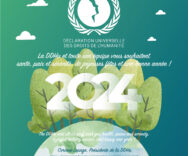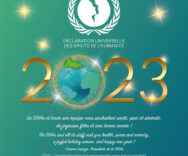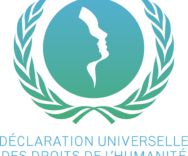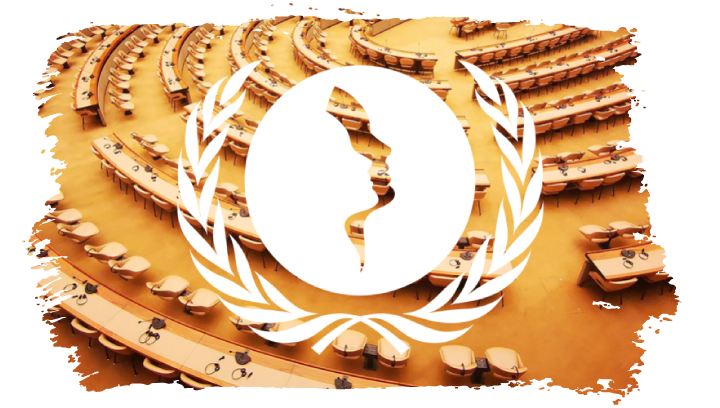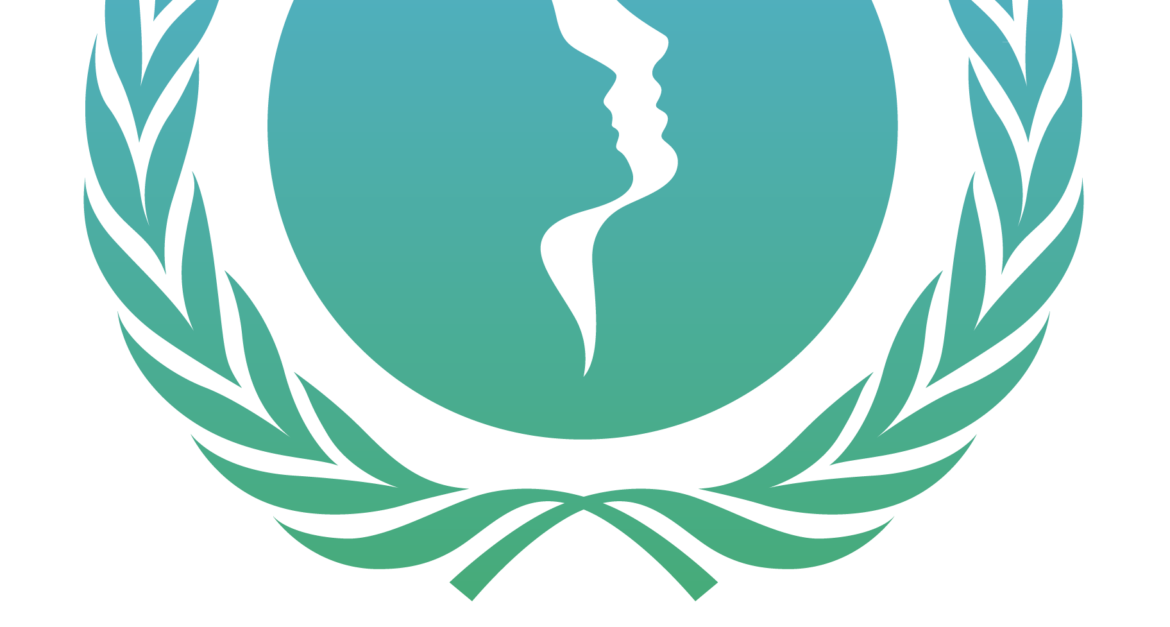
Corinne Lepage
Lawyer and president of Huglo Lepage Avocats, president of the Association of Friends of the DDHU.
Former Minister of the Environment, Corinne Lepage was commissioned by French President François Hollande in June 2015 to write a report and draft a proposal for a universal declaration of human rights. Tabled in September of the same year, the text is part of the COP21 (21st Conference of the Parties to the United Nations Framework Convention on Climate Change (UNFCCC) and the 11th Conference of the Parties serving as the Meeting of the Parties to the Kyoto Protocol (CMP11). It wants to conceive a new generation of rights, imposed by environmental issues and the future of the Planet and its inhabitants. The proposal innovates in several respects, notably by underlining the fact that humanity is now a subject of law and that the notion of heritage of humanity has been extended to cultural and natural property.
The Universal Declaration of the Rights and Duties of Mankind is in line with the principles of the Universal Declaration of Human Rights and the principles of the United Nations Charter, which of course aim at peace. One article of the Universal Declaration of Human Rights explicitly aims at peace: Article IX, which reads as follows “This right aims, in particular, to preserve successive generations from the scourge of war. Article XVI obliges States to ensure the effectiveness of the principles, rights and duties proclaimed by this declaration.
The right to peace is therefore for this declaration an obligation that translates into the right to the peaceful settlement of disputes. Consequently, it is a breach of duty for anyone to disregard this right to peace by going to war as Russia did. However, the Universal Declaration of Human Rights is civil in nature, not criminal. This means that it does not interfere in the process of the International Criminal Court and the qualification of war crimes, a fortiori genocide, which involve an investigation procedure on specific acts of incrimination and named criminals. The notion of crime against humanity was born, as was that of genocide, from the Nuremberg trials, with a gradation in tragedy between war crimes, that is to say, violation of
Rights and duties for humanity in times of war
Cosmopolis 2022/1-2 24
of the laws of war, crimes against humanity which are imprescriptible crimes and genocide which is a crime against humanity concerning a population because of its ethnic, religious, geographical origins etc.
However, these concepts have been taken into account several times in the Universal Declaration of Human Rights. First of all, among the texts that refer to humanity are mentioned the “laws of humanity (Hague Conventions of 1899 and 1907 respecting the Laws and Customs of War on Land and the four Geneva Conventions of 12 August 1949) and the Recognition crimes against humanity (Statute of the International Military Tribunal of Nuremberg of 1945.
Moreover, the wording given to Article IX under a harmless appearance contains an essential element that of human security. In the report published by the French documentation which comments on the DDHU and explains it, it is specified:
“The reference to the right to peace is relatively classic and refers, in particular, to the peaceful settlement of disputes and, more generally, to all means of achieving it. Although the word “disarmament” does not appear in the latest version of the Declaration, the intention of its authors is unambiguous and refers at least to the conventions already signed in this field. The scourge of war, which appears in the preamble of the United Nations Charter, is expressly recalled here.
The innovation of this article, however, lies in the notion of human security.
The concept of human security usefully complements that of international security, which focuses on armed aggression. While the concept of human security is well established in international law, states have not been able to agree on its definition. Hence the decision in the Declaration not to define this notion.
The approach adopted is deliberately broad: it takes into account the environmental, food, health, economic and political dimensions of security, which echoes in particular the right to a healthy environment and to the satisfaction of basic needs. “.
As Professor Fernandez notes in his commentary on this article,1 ” viewed closely, the article reinforces the rights to which this uncertain entity might be entitled by mentioning the concept of
human security. In practice, this corresponds to an extensive conception of peace, to an interpretation of international security that places the individual at its center and the fight against “problems without a passport. In these circumstances, Article Nine …transcends some classic inter-state obligations by making them legitimate claims of humanity as a whole. It serves as a sort of bridge between the collective security regime established by the Charter and the international human rights law affirmed by several conventions. He concludes as follows: ” Ensuring human security requires the ability to act upstream, to focus on prevention and to address the root causes of identified threats. A new, multi-sectoral approach to crises and conflicts seems more appropriate, and the reference to human security emphasizes the condition of individuals as a decisive factor in international peace and security. It is a pronoun of human security that we have seen concepts like the responsibility to protect develop. ” In other words, the Universal Declaration of Human Rights can be seen as a complementary text to the conventions dealing specifically with war crimes and crimes against humanity. It intervenes upstream through the obligation to maintain peace and, more broadly, human security, a concept that is much more ambitious and broad than that of peace because it includes economic security, food security, health security, environmental security, personal security, community security and political security. If we take the example of Ukraine, we see that, in addition to the war crimes that are now more than likely, there are multiple violations of human security.
If, in the future, the Universal Declaration of Human Rights is integrated and recognized by all – as many of us hope it will be – it could provide the basis for an action of responsibility against States that have not ensured human security and that have disregarded the right to peace that humanity enjoys.


